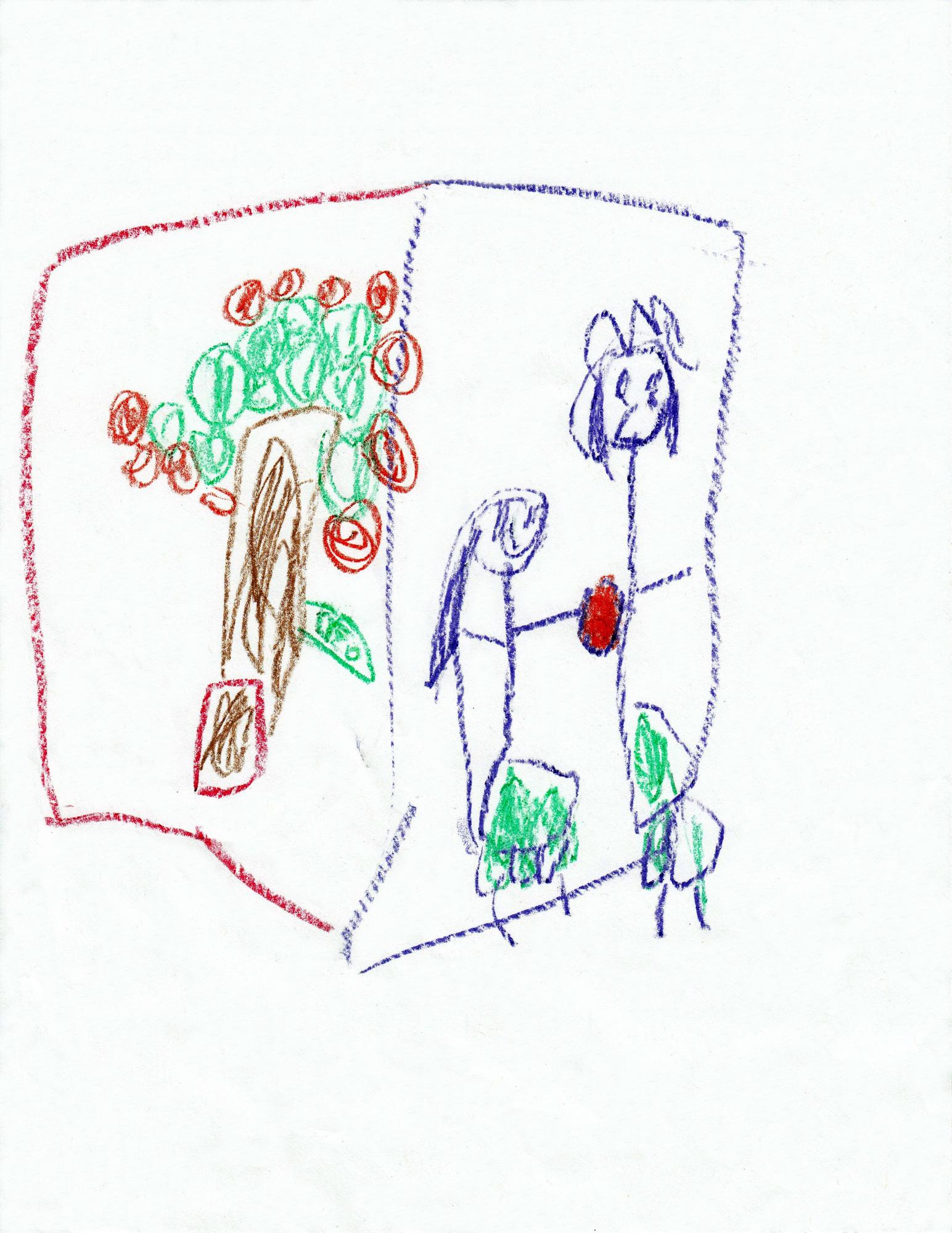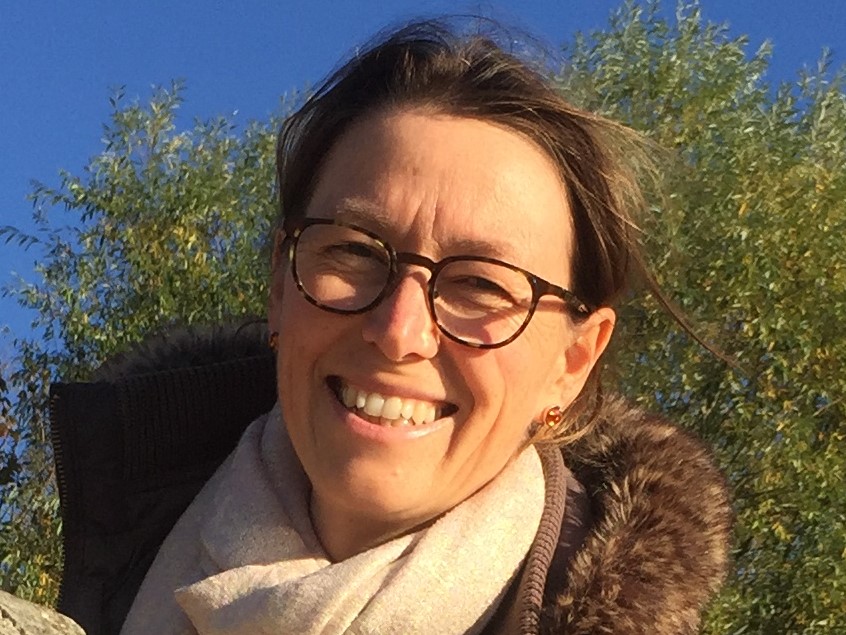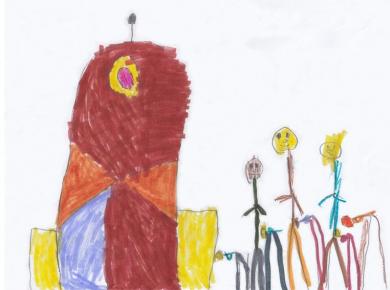Posted: May 17, 2019
“Is it actually necessary to think about those topics (abuse, neglect)? I mean, we are part of a Christian church!” This is a common reaction I get while educating people about the topic of “Safe Church.”*
Sadly, though, it is a fact that churches are not safe just because they are churches. A safe atmosphere does not create itself. It has to be worked for and actively developed.
Safety and security are basic human needs. Insecurity starts when personal boundaries are violated. Often this does not happen on purpose. The problem starts when those boundaries are not respected because not taking each others’ boundaries seriously or even purposely violating them.
Over the course of the last year, we specifically addressed the topic of prevention and protection. We asked ourselves what we can do to prevent boundary crossing, shaming or violent behaviour.
Who are we and what do we do?
As the “Jugendwerk” (youth ministry) of the southern Mennonite churches, we offer regional camps for children, teenagers and young adults. We want to create the opportunity to meet and get to know God, experience God’s love and think about being a Christian in our daily lives. It is important for us to have a safe atmosphere at our camps, so everybody is feeling comfortable at our camps.
 Who are the participants at our camps?
Who are the participants at our camps?
Participants are from different southern German Mennonite churches. We encourage them to invite their friends from school and their neighbourhoods. Some of them have known God for a long time, others do not know too much about God.
Within our programs, we do not only want to strengthen participants’ faith. We also want to strengthen their self-esteem and self-reliance. They are encouraged to learn to say “yes” or “no” appropriate to the situation they are in. It is important for us to get them to perceive their feelings and take them seriously. We want to make the youths aware of their own boundaries, to define and actively speak out about them.
Who are our camp leaders?
Camp leaders are mostly young adults who have been participants and are now slowly growing into leadership. Having an active relationship with God and Jesus to talk about his love for us is a very important part for us. As leaders, they allow transparency and provide security.
What is important to us?
For us it is very important to provide our camp leaders with education so that they are respectful, loving and mindful toward our camp participants.
We offer weekend seminars for our camp leaders, some of which are mandatory to attend to become a leader.
We expect leaders to establish a good relationship with the entrusted children, teenagers and young adults. This is the reason why we have a code of conduct. By signing it, every camp leader is obligated to act this way toward our camp participants.
The following are examples from our code of conduct:
- I want to protect the children and youths who are entrusted to me from all harm and dangers, abuse and violence.
- I acknowledge the individual boundaries and take them seriously.
- I actively act out against sexist, racist, discriminating and violent verbal and nonverbal behaviour.
- I renounce derogatory behaviour and try to ensure everybody else to act that way.
 I think our Bible quote for the year is quite fitting. “Depart from evil, and do good; seek peace, and pursue it.” (Psalm 34:14)
I think our Bible quote for the year is quite fitting. “Depart from evil, and do good; seek peace, and pursue it.” (Psalm 34:14)
—Gerda Landes is a children and youth ministry worker in South Germany for Mennonitengemeinden e.V., Karlsruhe-Thomashof.
*Safe church is a system of policies and training to prevent abuse of minors, to respond appropriately to signs a child or youth may have been abused, and to strengthen awareness of healthy interaction to build up rather than harm vulnerable persons.
This article first appeared in Courier/Correo/Courrier April 2019.

Comments: